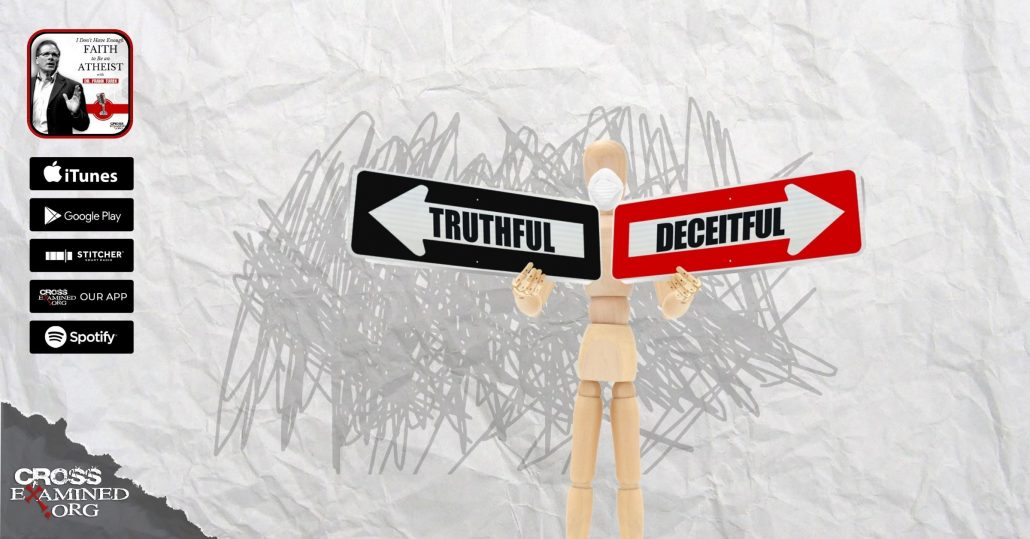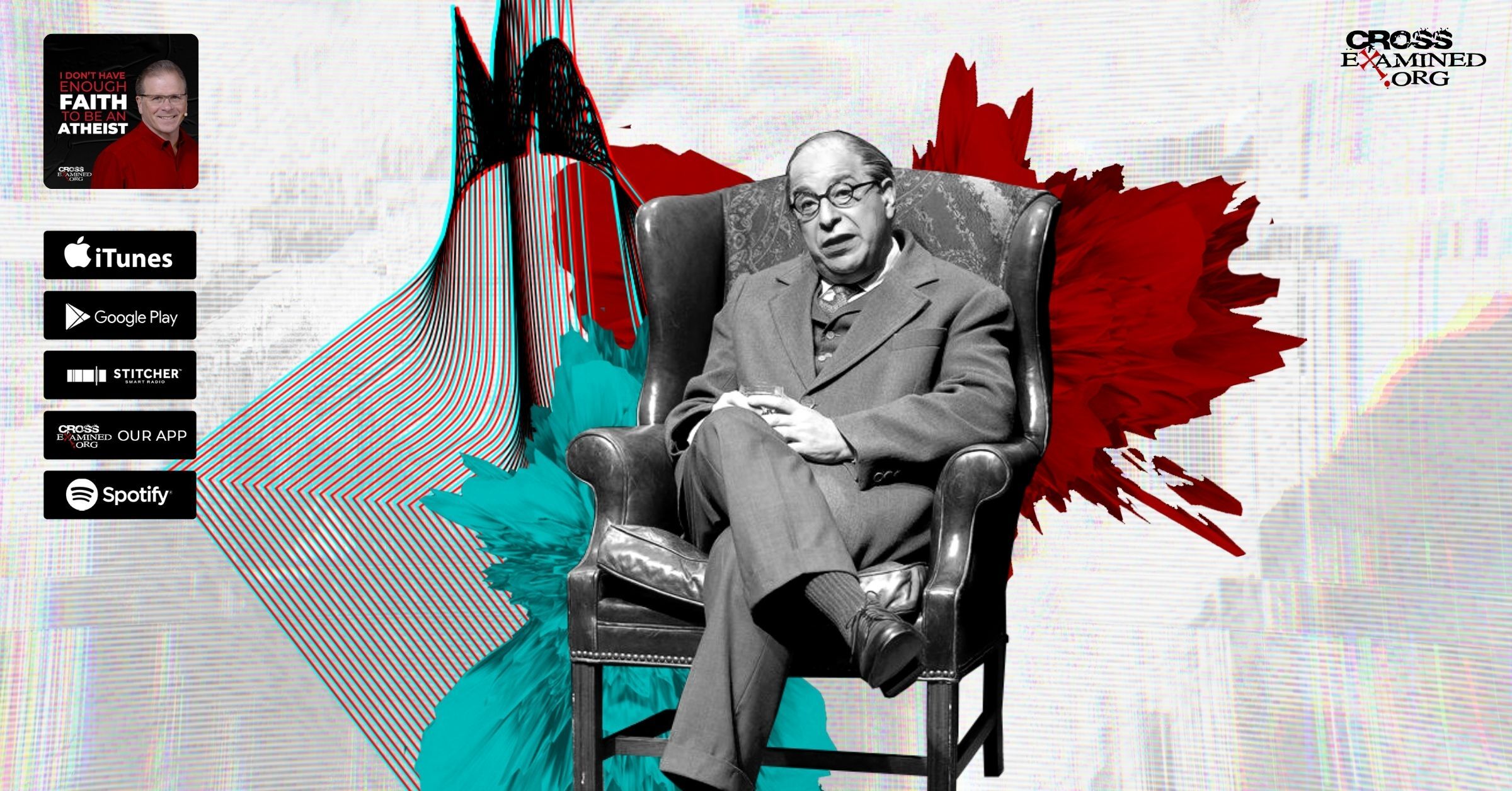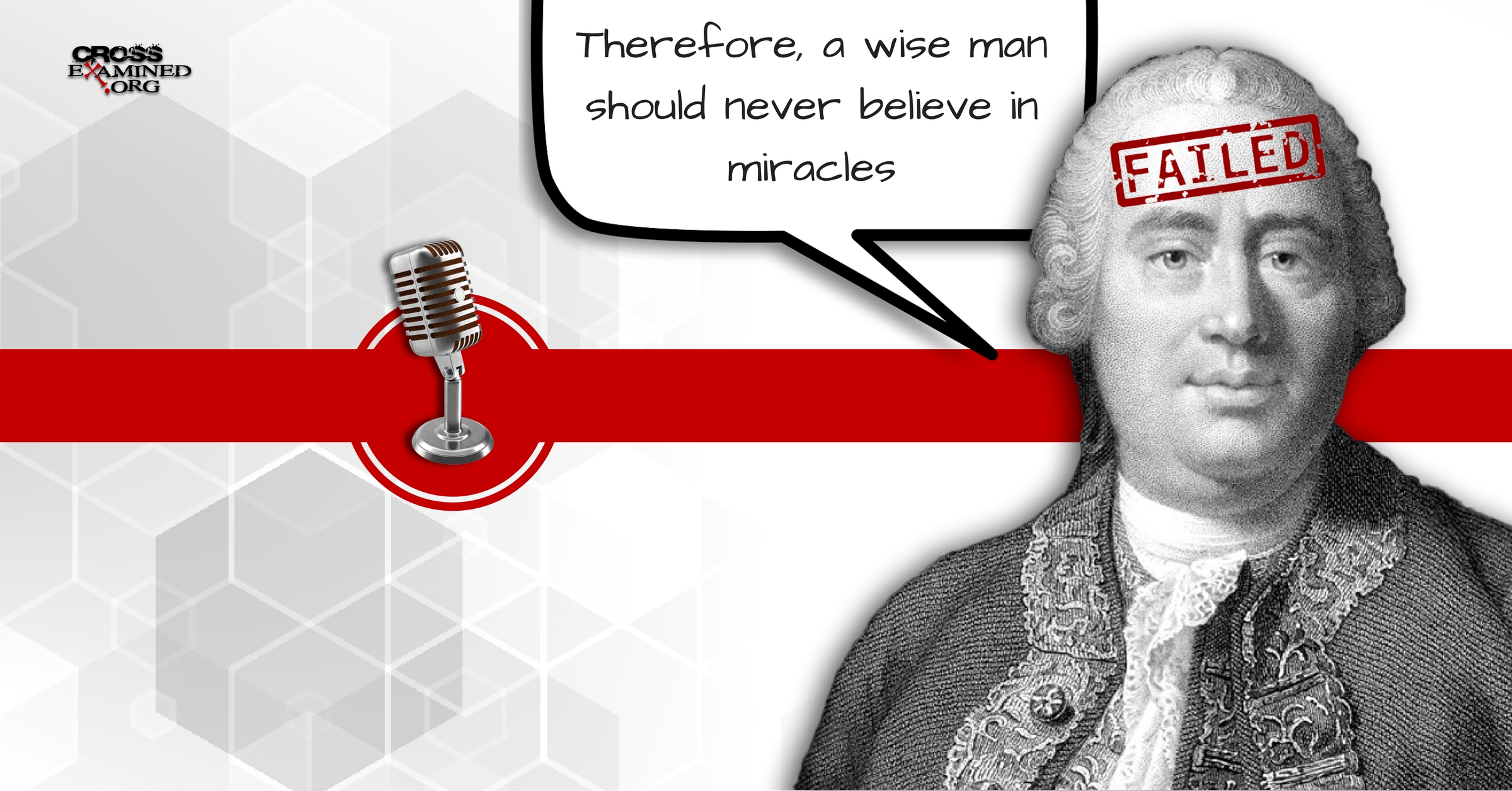God & Evil: A Rapid-Fire Response
The problem of evil (pain or suffering) is probably the number one argument against the existence of God. While it is definitely not a problem that can be answered quickly and simply, I’d like to offer some short, rapid-fire responses that can be used to begin a deeper discussion:
Free will – Freedom is a great good that God has granted us. But God can’t give us free will and then forbid us from using it. He can’t give us commands and force us to obey them. And when we disobey God, we – and others – get hurt…
Consequences – Bad decisions often have bad consequences. If there were no consequences for our wrong choices, what do any of our choices matter?
Learning from experience – When we face evil or experience the suffering of others, we (should!) learn from it. Evil teaches us what not to do and should inspire us to stop it.
God is king – God is not a beat cop or a superhero. God is King of the universe. A king makes commands and delegates authority to others. He is not a soldier; he commands soldiers. God has authorized parents to guide and protect their families. He has authorized rulers to promote good and punish evil (Rom. 13). God does not micromanage the universe, and neither is he a helicopter parent. Similarly, …
Minimal interference – What if God simply wants us to make the best of this world – problems and all – with minimal interference? Maybe he wants us to grow and to learn, to solve our own problems.
Inspiration – People who overcome great obstacles are an inspiration to others. The greater the pain, suffering, and other hardships, the greater the inspiration.
Priorities – Tragedy reminds us that life is short, fragile, and should not be wasted. It teaches us to pursue what really matters in life. Similarly, …
Life-altering events – There have been major events that have altered human history, such as the Holocaust and terror attacks of 9/11. Likewise, there are events that impact our individual lives and can steer them into a different direction. Experiencing an act of evil may not result directly in a “greater good,” but it can simply shift the trajectory of our lives and result in a greater end.
Evil chases us to God – What if someone had a perfectly pain-free life but never came to faith in Christ? Instead, what if someone experienced a great evil that led him or her to turn to God for strength? If knowing God is the greatest possible good, then a life with great pain and suffering that leads us to God is infinitely better than a pain-free life in which we never come to faith in Jesus.
Suffering binds us together – Suffering brings us to God, and it also draws us to each other. When friends and family suffer, we learn to lean on each other for strength and help. We develop love and compassion. Suffering can create a community that would not have otherwise existed.
Perspective – We experience evil from the “bottom-up.” We witness it firsthand and don’t understand it, causing us to question the existence of a good God. But we need to view evil – and everything else in life – from the “top-down.” Everything has a purpose. All of our actions are connected. We don’t have a God’s-eye view of reality. God does
When God prevents evil, we still complain – The great flood. The destruction of the Canaanites. The Bible gives accounts of God punishing the wicked and preventing further evil, and yet skeptics complain that God acted immorally. So no matter what God does or doesn’t do, some people are going to be unhappy.
Unknown evil – The previous point refers to evil; we know that God has stopped. But what about the evil that God has prevented without us even knowing? It’s possible that God has prevented far more evil than he has permitted, and only as much evil necessary to bring about the greatest amount of good.
Evil awakens our consciences – Because of sin, our moral compasses are misaligned. We believe some evils are good and are even apathetic towards evil. Great instances of evil may jolt our consciences awake, or snap them back into alignment.
Soul-building – Pain, and suffering strengthens us and builds our souls (Rom. 5:3-4, 2 Cor. 4:17). We develop virtues such as patience and determination and gain compassion towards others who suffer. Our suffering molds us into citizens worthy of the Kingdom of God. Remember, the purpose of life is not happiness but holiness.
Fallen world – Living in a fallen world, we should expect pain and suffering. Suffering reminds us that things are not the way they ought to be and to hope for a world in which there is no pain or suffering…
Heaven – Once we reach heaven, all of our sufferings, no matter how great it may be here on earth, will be a distant memory. There will be no sadness or pain there, and perhaps our past sufferings on earth will help us to appreciate heaven all the more.
Jesus – God did not sit idly by and watch us suffer from a distance. God entered into history and lived among us. He also suffered and died for us. Jesus Christ is the solution to the problem of evil.
These are some rapid-fire responses to the problem of evil. Remember, they are not exhaustive, but are simply starting points for deeper discussions. Maybe you can think of more responses yourself, or you can use the ones here to reflect on the pain and suffering you or your loved ones have faced. And for greater study, I highly recommend The Problem of Pain by C. S. Lewis and Why Does God Allow Evil? by Clay Jones.
Original Blog Source: http://bit.ly/2Z03V2k












Leave a Reply
Want to join the discussion?Feel free to contribute!